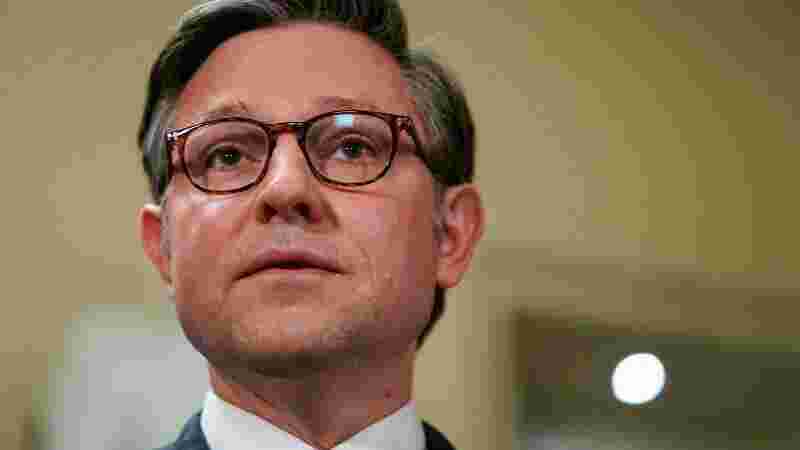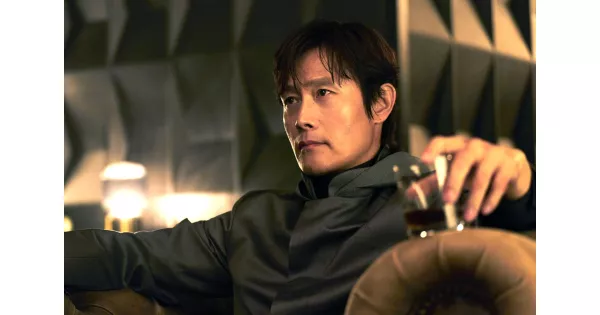House Speaker Mike Johnson's Political Dilemma
After Iran's attack on Israel, House Speaker Mike Johnson found himself in a challenging position, facing potential backlash from Republicans for supporting additional foreign aid, particularly for Ukraine. Despite the risks to his own position, Johnson was resolute in his decision to move forward with billions of dollars in foreign aid, ultimately passing a $95 billion aid package with bipartisan support. This decision marked a significant evolution for Johnson, who had initially voted against funding for Ukraine as a rank-and-file member.
Factors Influencing Johnson's Decision
Johnson's decision-making process was influenced by various factors, including direct appeals from critical Republican national security voices, such as former Secretary of State Mike Pompeo and Ukrainian President Volodymyr Zelensky. Additionally, a key intelligence briefing from CIA Director Bill Burns underscored the dire situation in Ukraine and the global consequences of inaction. Johnson also emphasized the personal significance of the decision, expressing a preference to send aid to Ukraine rather than see American troops involved in the conflict, especially with his oldest son's acceptance into the Naval Academy.
Political Challenges and Bipartisan Support
Despite facing opposition from hardline conservatives and the threat of a motion to vacate his position as speaker, Johnson received support from Democrats and moderate Republicans, ultimately relying on a bipartisan coalition to pass the aid package. However, some hardliners have expressed concerns about Johnson's dependence on Democrats and the potential political implications in the future.
Conclusion
In navigating this complex political landscape, Johnson's decision to prioritize foreign aid for Ukraine reflects a significant shift in his stance and underscores the challenges and dynamics of bipartisan cooperation in the current political climate.





